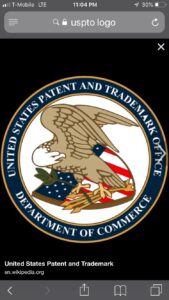 Breaking news: The U.S. Supreme Court rules on April 23rd, 2020, “Willfulness” used to be a hard-and-fast requirement, now it is over. see https://www.supremecourt.gov/opinions/19pdf/18-1233_5he6.pdf
Breaking news: The U.S. Supreme Court rules on April 23rd, 2020, “Willfulness” used to be a hard-and-fast requirement, now it is over. see https://www.supremecourt.gov/opinions/19pdf/18-1233_5he6.pdf
A plaintiff in a trademark infringement suit may not be required to show that a defendant willfully infringed the plaintiff’s trademark as a precondition to a profits award. The Lanham Act provision governing remedies for trademark violations, §1117(a), makes a showing of willfulness a precondition to a profits award in a suit under §1125(c) for trademark dilution, but §1125(a) has never required such a showing. Reading words into a statute should be avoided, especially when they are included elsewhere in the very same statute. That absence seems all the more telling here, where the Act speaks often, expressly, and with considerable care about mental states. See, e.g., §§1117(b), (c), 1118. Pointing to §1117(a)’s language indicating that a violation under §1125(a) can trigger an award of the defendant’s profits “subject to the principles of equity,” Fossil argues that equity courts historically required a showing of willfulness before authorizing a profits remedy in trademark disputes.
If your company finds any infringers violating your trademark or currently in trademark litigation, please contact me. As an authorized mediator for the Lantham Act at U.S. District Court Northern District of Illinois https://www.ilnd.uscourts.gov/_assets/_documents/_forms/_LEGAL/LanhamAct/lanham.pdf I am testing a virtual mediation via Zoom conference. If you have such virtual experience, please let us know.